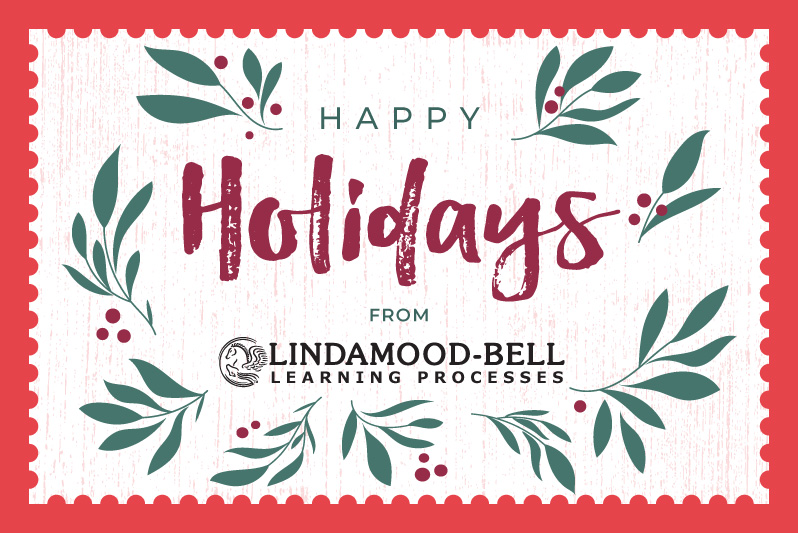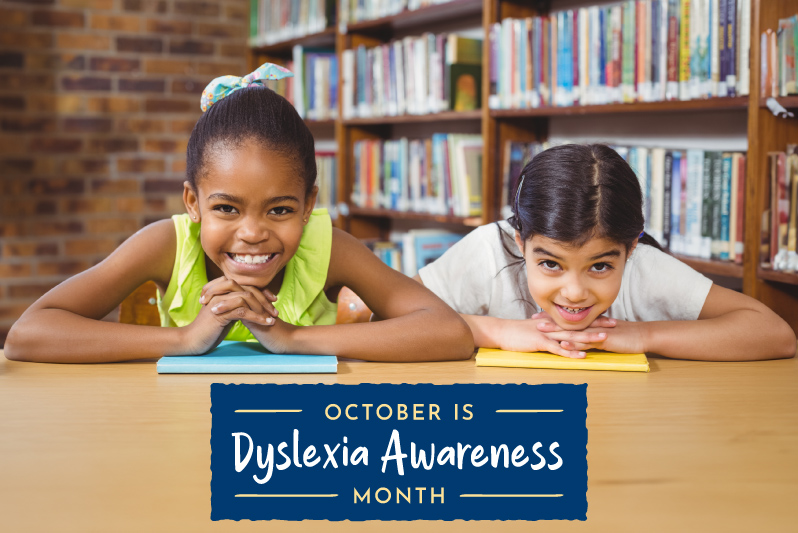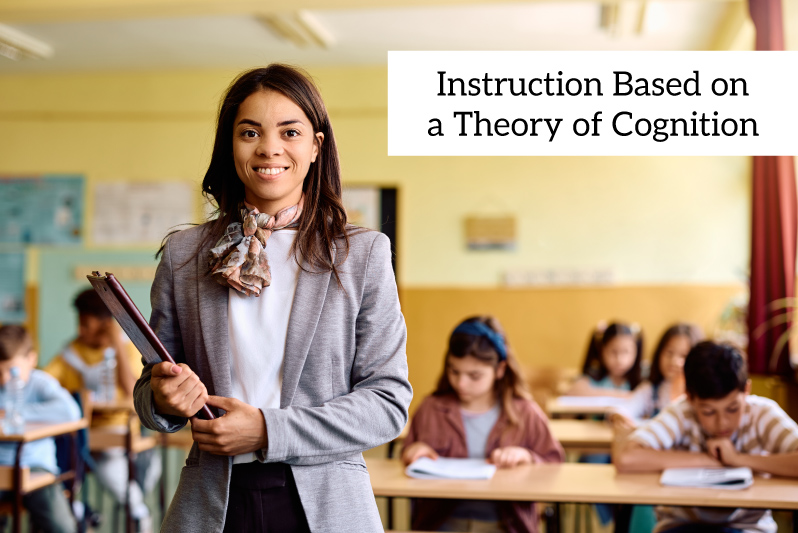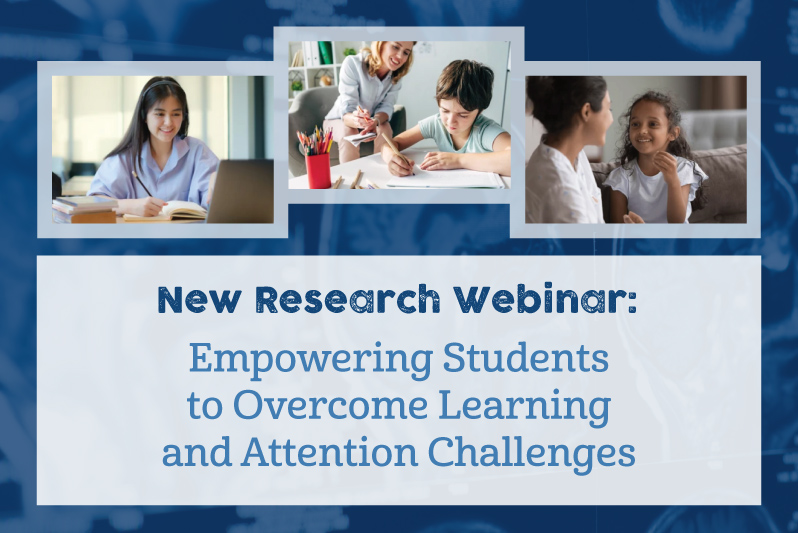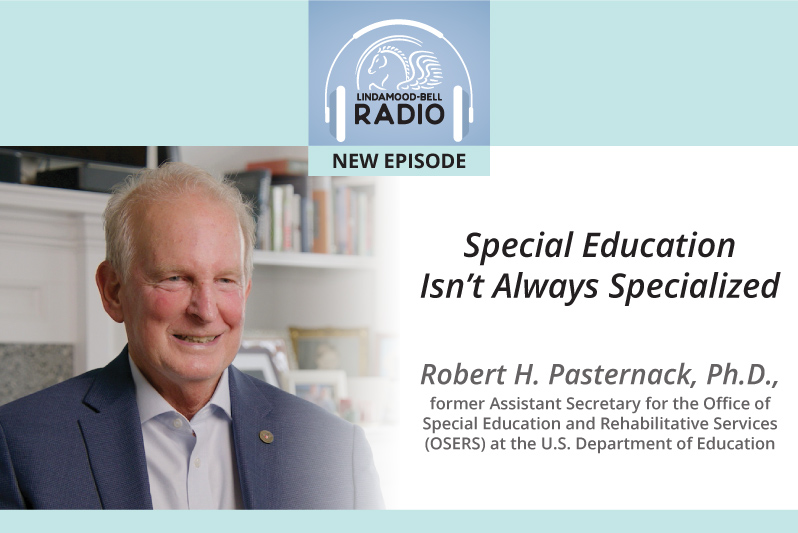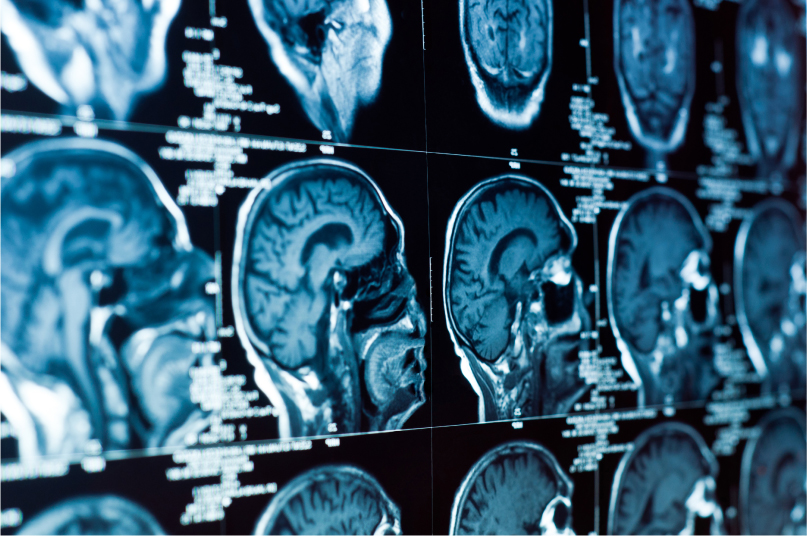What Is Dual Coding Theory? Strengthening Reading and Comprehension
At Lindamood-Bell, our approach is grounded in Dual Coding Theory (DCT), a cognitive framework that demonstrates how the brain processes information. Developed by cognitive psychologist Allan Paivio, DCT posits that humans have both verbal and nonverbal systems for processing information. Verbal: Words, symbols, letters, phonemes, grammar, definitions, and mathematical notation. Nonverbal: Mental images, scenes,…
Reflecting on 2025 with Gratitude and Hope
As we approach the close of 2025 and look ahead to our 40th year in 2026, we are filled with appreciation for the students, families, and education professionals who make our mission possible. We are proud to share highlights from a year marked by life-changing learning moments across the globe. Learning Centers This year,…
Dyslexia Awareness Month!
October is Dyslexia Awareness Month, and we are again sharing our belief that all individuals can be taught to learn to their potential—including those with a previous diagnosis of dyslexia. View our video to learn more about how we help students with dyslexia learn to their potential. Our Learning Center instruction is available in…
Instruction Based on a Theory of Cognition
At Lindamood-Bell, our instructional approach aligns with a specific theory of cognition known as Dual Coding Theory (DCT). In this article, we’ll explore DCT and its practical applications in teaching, showing how a cognitive approach can boost literacy and comprehension. The Imagery-Language Connection for Literacy The following section is excerpted from Visualizing and Verbalizing®…
New Research Webinar: Empowering Students to Overcome Learning and Attention Challenges
Paul Worthington Director of Research and Development In this webinar, Paul Worthington, Lindamood-Bell’s Director of Research and Development, will explore critical topics regarding learning and attention challenges. Many individuals with learning disabilities also have attention deficit disorders. However, children are often diagnosed with attention deficits without a thorough examination of their learning profiles, which may…
Special Education Isn’t Always Specialized – with Dr. Robert Pasternack | Lindamood-Bell Radio
In this podcast episode, Dr. Pasternack discusses the role of tiered intervention in preventing unnecessary referrals, the importance of teacher preparation and professional development, and the necessary components of effective literacy instruction. As a teacher, New Mexico State Special Education Director, and, ultimately, as the Assistant Secretary for the Office of Special Education and Rehabilitative…
Lindamood-Bell Receives Funding for a Collaborative Research Grant to Accelerate Growth in Reading for Elementary Students
SAN LUIS OBISPO, Calif., Sept. 12, 2023 /PRNewswire/ — Lindamood-Bell, in collaboration with the American Institutes for Research® (AIR®), has been awarded funding for “An Efficacy Study of the Lindamood-Bell Learning Processes Complete Intervention for Upper Elementary Students.” Reading difficulties often become apparent in the early years of education. These challenges can escalate without quick and effective intervention, leading…
Exciting Research on Struggling Readers Published in Nature
Exciting research, titled “Rapid and widespread white matter plasticity during an intensive reading intervention”, has been published in the journal Nature. The study, from the Institute for Learning and Brain Sciences, University of Washington (UW), examined growth in reading skills and white matter in school-aged, struggling readers. Diffusion MRI data collected during 8 weeks…
Research Roundup | Students with Dyslexia
“We are committed to the ongoing analysis of our program efficacy and have the research to prove it.” -Nanci Bell, co-founder Lindamood-Bell has been involved with research for over 30 years. We actively take part in peer-reviewed studies of our programs and instruction and monitor student results at our learning centers and school…
Research Roundup | Autism Spectrum Disorder
Lindamood-Bell has been involved with research for over 30 years. We actively take part in peer-reviewed studies of our programs and instruction and monitor student results at our learning centers and school partnerships to ensure we maintain our exceptional standard of quality. We have partnered with such institutions as the University of Alabama, MIT, and…

